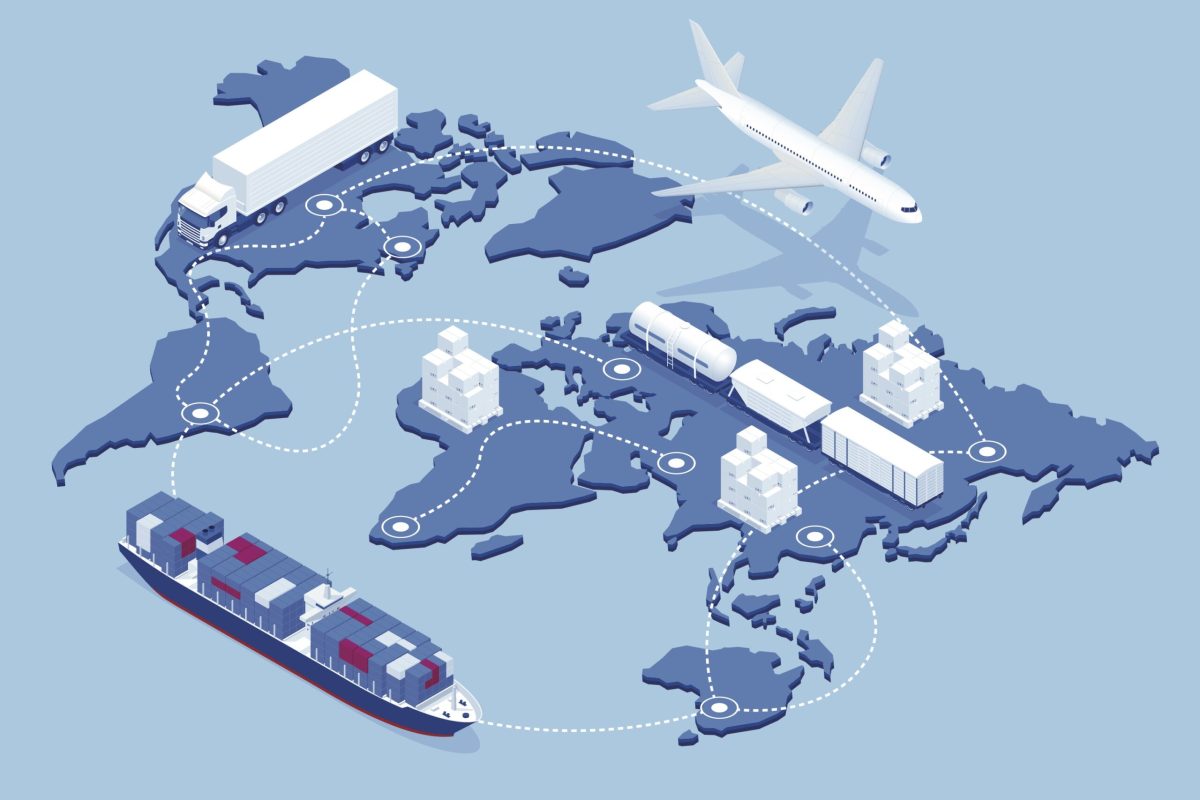The UK supply chain is not without its challenges. Whether it’s the impact of Brexit, COVID-19, the fuel crisis or labour shortages, getting products from A to B is not as simple (or affordable) as we’d like it to be at the moment. At Altnets, we are all about solutions rather than moaning or blaming the current climate for delivery issues. In this series of blogs, we look at some of the industry’s biggest challenges and how we as a company have tackled them. We started the business during a time of change, and created our business model around navigating these issues
Brexit
The impact of Brexit on the UK’s supply chain has been well-publicised in the media. Consumers and businesses have got used to delivery delays and goods shortages being blamed on a variety of factors. Brexit is one of the biggest issues when it comes to the robustness of the telecoms supply chain.
UK import laws changed overnight on 1 January 2021 when the UK-EU Trade and Cooperation Agreement commenced. From 1 July 2021, the EU required safety and security declarations on goods imported from and exported to the UK, with full border controls in place from 1 January 2022. The new customs processes introduced have since caused huge delays at the border down in Dover, with tailbacks holding up the supply chain in all sectors.
Brexit also led to a shortage of HGV drivers since 2020, as European citizens left the UK. A good proportion of HGV drivers were Eastern European and there simply weren’t enough trained drivers to plug the gap.
By predominantly using UK manufacturers, Altnets has managed to largely avoid the import headaches brought about by Brexit. The strength of our network of national distributors and ability to source the products our customers need from within the UK have been invaluable as we all adjust to the new laws and rules.
Shortages of raw materials and shipping containers
China’s zero-Covid policy and ongoing trade disputes with countries such as the US has had a significant effect on the telecoms supply chain. Shortages of electrical components such as microchips, semiconductors and circuit boards have been worsened globally by delays from China exporting goods.
Lockdowns in a number of Chinese ports, coupled with a rise in consumer demand putting pressure on manufacturers to source raw materials, is squeezing the supply chain. Electronic manufacturers in particular have been affected, with resulting rising costs being passed onto buyers. Shipping container availability has also been outstripped by demand, again leading to delays in the supply chain and a rise in costs. In 2022, shipping rates are three to five times higher than they were in 2019.
Altnets uses our bespoke forecasting system to pre-empt supply chain issues far in advance, or at the very least to give us the chance to warn our customers what may be coming. This allows us to plan ahead in terms of what products to supply to customers when, and helps prevent project delays if certain products become unavailable. The last two years of trading has shown that we need to be agile and reactive to changes within our industry, so that nothing takes us, or our customers, by surprise
Russia/Ukraine conflict
The conflict in Ukraine is likely to affect supply chains in terms of rising manufacturing costs linked to a shortage of raw materials. Reduced levels of manufacturing in the country will also lead to price inflation elsewhere.
Sanctions on Russian goods and raw materials will have a similar impact. Russia is a major supplier of neon, which is used for etching circuits on silicon wafers, as well as 30% of the world’s platinum-group elements, 13% of titanium and 11% of nickel. Ultimately, a lot of manufacturers across the globe rely on Russia’s raw materials, which therefore has a knock-on effect on supply chains.
The conflict has also affected oil and gas prices, leading to soaring transportation costs which again put a strain on supply chains and inevitably this is passed on to customers down the line. Air freight has been affected with a ban on entering Russian air space, too.
The conflict will likely cause industries to shift their focus to a more regional focus as opposed to global, as they scramble to find alternative suppliers and manufacturers. Luckily, Altnets already has a nationally-focused network of manufacturers so impacts on customers are minimised.
For more information on how Altnets works, go to our Services page.




